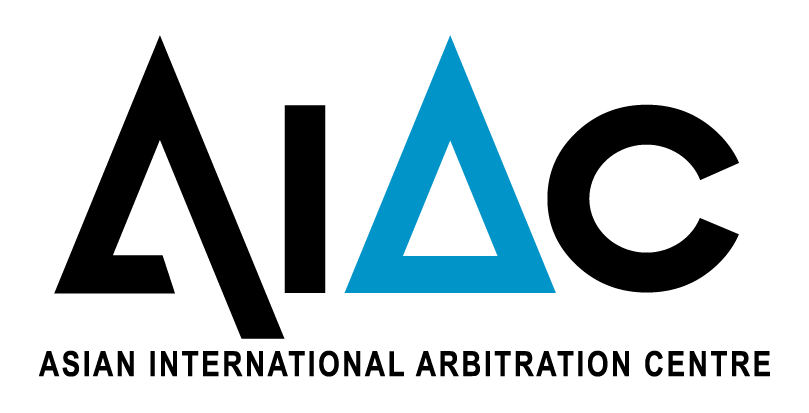ANNOUNCEMENT
March 27, 2015
KLRCA Evening Talk Series: Role of In-House Counsel in International Arbitration
A packed seminar room greeted KLRCA’s most recent talk series as two of Singapore’s brightest young arbitrators Dan Tan and Shem Khoo took stage to present on, ‘The Role of In-House Counsel in International Arbitration’. Moderating proceedings for the evening was Revantha Sinnetamby, Honorary Treasurer of the Malaysian Corporate Counsel Association, who brought to the table over fifteen years of international in-house counsel experience.
The objective of the two-hour talk was to equip in-house counsels with practical knowledge needed to effectively structure and draft dispute resolution provisions, and to leverage the arbitration process to effectively and efficiently resolve and settle any disputes that may arise.
Dan Tan who is on the faculty of Harvard Law School and Stanford Law School, where he teaches international arbitration and international investment law opened the session by presenting an array of statistics derived from a recently conducted survey by in-house counsels across the globe. The statistics covered data; on the primary role of respondents, respondents by industry sector, annual turnover of respondent corporations, number of international disputes in the past five years at respondent organisations and a geographic scope of respondents organisations.
Having described the current state of the market to the audience, Dan Tan proceeded to touch on the pre dispute stage of an arbitration that involves drafting effective arbitration agreements. He went on to mention that good drafting secures the benefits of international arbitration for one’s client and that arbitration is a creature of the parties’ consent. Dan then stressed on the importance of drafting a functional clause and the need to avoid several defects that ranged from equivocation, illusory agreements, “legal retentive” clauses and forgetting the importance of place. Dan continued to elaborate on each defect and shared several case studies with the audience before concluding his session by providing examples of arbitration friendly jurisdictions.
Next to take stage was Shem Khoo, who presented on what happens when a dispute arises. Shem touched on points surrounding settlement and pursuing claims. He explained that parties should always look for commercial leverage and pressure points. The speaker also went on to reiterate that settlement is only possible at certain points of the arbitration process. The attendees were then treated to a series of contemporary and relevant case studies before Shem concluded his presentation by sharing with the audience practical tips to manage a dispute that included; engaging a counsel early, reviewing public documents and designating one person internally with authority to manage the dispute.
Proceedings for the evening came to a close with Revantha taking over the microphone once more to conduct and moderate an absorbing question and answer session.





